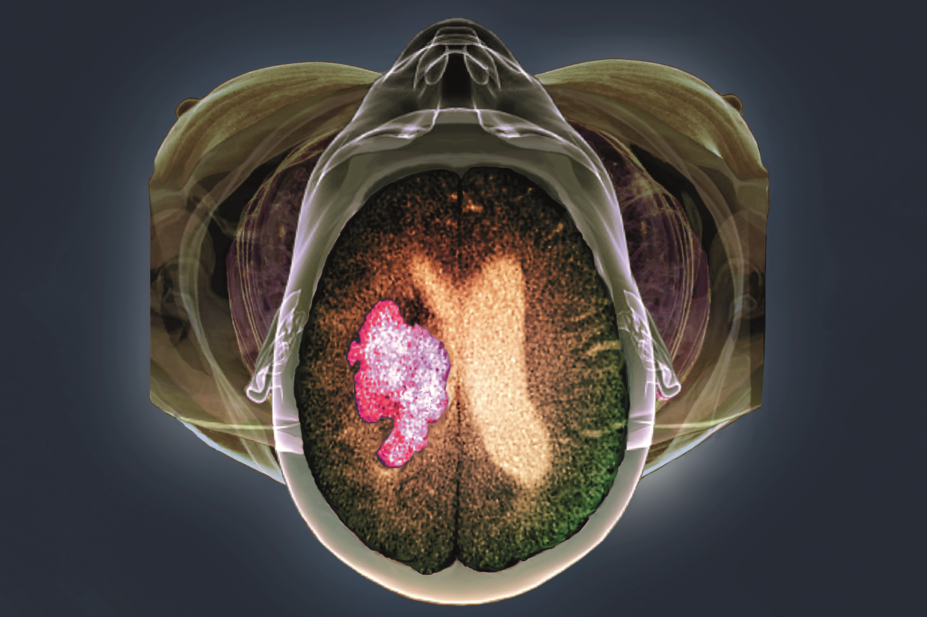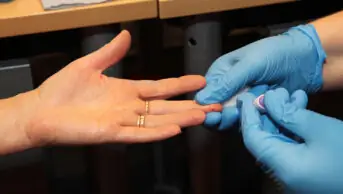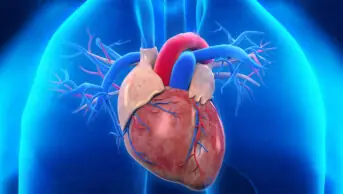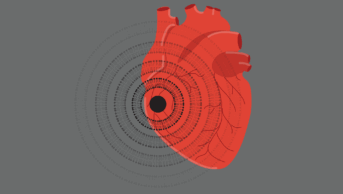
Zephyr / Science Photo Library
The pro-inflammatory cytokine interleukin (IL)-1 plays a significant role in brain injury following ischemic stroke by inducing peripheral inflammatory mediators, such as IL-6. However, pre-clinical studies show its effects are reduced by the IL-1 receptor antagonist (IL-1Ra).
Researchers investigated the effects of a drug form of IL-1Ra (anakinra), used to treat rheumatoid arthritis, on acute ischemic stroke through a double-blind, randomised controlled trial[1]
.
The drug was administered subcutaneously, 100mg twice daily for 3 days, in 80 patients presenting within 5 hours of ischemic stroke onset. Levels of IL-6 and other plasma inflammatory markers were analysed at five time points, before, during and after treatment.
It was found that, over the three days, IL-1Ra significantly reduced levels of IL-6 and other inflammatory mediators.
IL-1Ra was found to be safe and well-tolerated, the researchers concluded in Stroke (22 March 2018). However, further experimental studies are required to investigate possible interactions with thrombolytic agents.
References
[1] Smith C, Hulme S, Vail A et al. Subcutaneous interleukin-1 receptor antagonist in ischemic stroke (SCIL-STROKE): a randomized controlled phase 2 trial. Stroke 2018. doi: 10.1161/STROKEAHA.118.020750


